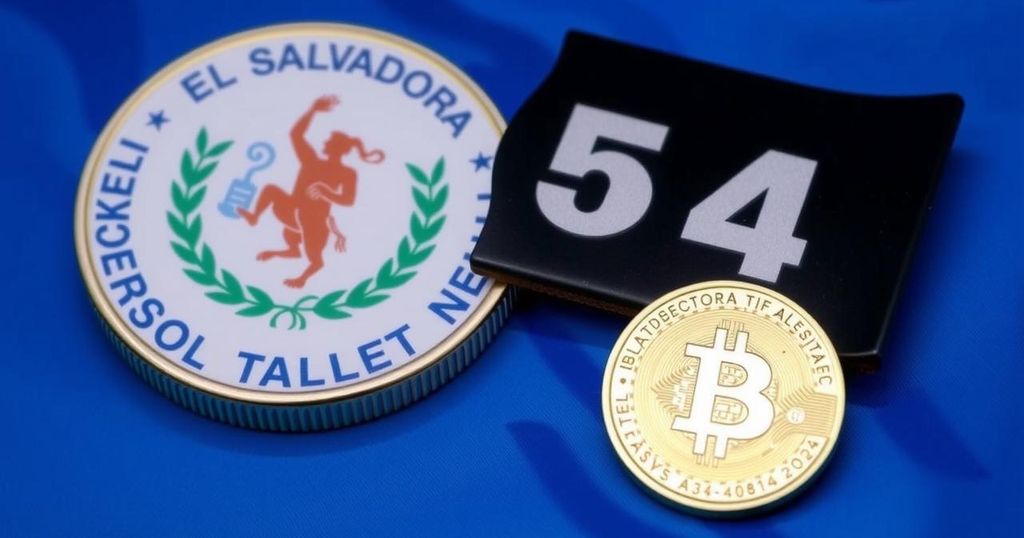El Salvador Shifts Strategy as Chivo Wallet Faces Closure Amid Bitcoin Challenges

El Salvador plans to privatize or close the Chivo wallet established for bitcoin transactions, coinciding with a $1.4 billion loan agreement with the IMF. While bitcoin remains legal tender, the initiative has faced low adoption rates, with 88% of Salvadorans reportedly not utilizing the cryptocurrency by 2023. Despite the changes, the government will continue purchasing bitcoin for its reserves, reflecting its ongoing investment in the cryptocurrency amidst evolving economic strategies.
El Salvador has announced plans to either privatize or shut down the government-created cryptocurrency wallet, Chivo, which was established in 2021 when President Nayib Bukele made bitcoin legal tender in the country. This decision follows a recent agreement with the International Monetary Fund (IMF) concerning a $1.4 billion loan aimed at addressing the implications of the country’s controversial adoption of bitcoin. Though Chivo will no longer function as intended, the Salvadoran government intends to continue purchasing bitcoin for its reserves, even as the private sector’s acceptance of the cryptocurrency will now be voluntary, according to the IMF.
The Chivo wallet was introduced to facilitate bitcoin transactions amongst Salvadorans, yet it has faced significant adoption challenges. Recent data suggests that approximately 88 percent of Salvadorans did not engage with bitcoin by 2023, as reported by Central American University’s survey. Despite the shift away from the digital wallet, the National Bitcoin Office revealed that El Salvador still holds 5,969 bitcoins, equating to approximately $582 million. This situation highlights the ongoing complexities surrounding El Salvador’s relationship with bitcoin, following its initial groundbreaking move to embrace the cryptocurrency as legal tender.
In September 2021, El Salvador became the first nation globally to adopt bitcoin as legal tender, a move spearheaded by President Nayib Bukele. The initiative aimed to attract foreign investment and stimulate the economy by integrating digital currency into everyday transactions. However, the experiment has met with skepticism, particularly as adoption rates have lagged. The recent agreement with the IMF reflects international concerns over the use of bitcoin as legal tender and its implications for financial stability in the country. The Chivo wallet was introduced to facilitate these transactions but has seen limited usage.
In conclusion, El Salvador’s government is taking significant steps to distance itself from the Chivo bitcoin wallet, a move that underscores the challenges and controversies related to the country’s bitcoin experiment. Although bitcoin continues to be recognized officially, the decision to privatize or close the Chivo wallet represents a shift in strategy following substantial public disinterest. As the government pivots towards a more cautious approach, the implications for its economic policies and relationships with international financial institutions remain to be seen.
Original Source: ticotimes.net








